As we worked to finalise planning for this learning visit, we were unsure how it would turn out. After a year without guests, when COVID-19 travel restrictions eased late last year, we were excited about hosting representatives of Adeso, Secure Fisheries, and the Somali Greenpeace Foundation (SOGPA), Somalia, for a week-long learning exchange.
We hoped that this visit, organised by Blue Ventures and our Kenyan partner COMRED and Maliasili, would promote partnerships and cross-learning through a mix of workshops and visits to coastal communities in the Shimoni-Vanga seascape region in the south coast region of Kenya.
The region has good fishing grounds and is home to many communities that now embrace locally led marine and conservation management practices. Here, exchange visitors can see effective initiatives supported through local partnerships and potential overlap in fisheries management and conservation in Somalia.
Before the visitors toured three sites in Vanga, Shimoni, and Mkwiro village in Wasini Island to learn and share, they presented an overview of their work in marine conservation, fisheries management, and climate change. The overview provided Blue Ventures an excellent opportunity to learn more about the organisations and potential outreach opportunities as we look to expand our work in the Western Indian Ocean, particularly Somalia. We have supported efforts started by other organisations. With partner COMRED, we helped increase community-led conservation practices that have successfully added value to coastal resources and improved fisheries management. This work provided helpful insights for our Somali visitors to take home and lessons to share.
What you have done with communities is very inspiring, and we look forward to doing the same with communities back in Somalia,” said Khadija Gaal, ADESO’s Programme Coordinator.
Conservation efforts vary in Somalia, and the level of intervention that visiting organisations carry out in Somalia is quite different. This exchange came at a vital time, as conservation organisations look to collaborate more to help communities tackle and reduce the impact of climate change and environmental degradation, form partnerships, and develop sustainable use and conservation practices of coastal areas. We hoped to identify areas of overlap between Kenya and Somalia to improve community-led fisheries management and conservation.
Learning by seeing is an effective way to achieve change. Having organisations present their work revealed similarities in fisheries co-management structures and gave Blue Ventures, COMRED, and Maliasili teams critical information to understand the context of small-scale fisheries and organisations in Somalia.
When you see something, you understand the process better,” said Najmo Omar, Somali Greenpeace Association.
While there is significant overlap in conservation practices in both countries, Somalia’s long coastline with uninhabited sections poses management and intervention challenges. The country is rich in coastal and marine resources, but local fisher communities get fewer benefits due to rampant illegal fishing. Adeso, Secure Fisheries, and SOGPA are keen to improve marine conservation and fisheries management.
We are keen on improving our efforts in conservation with communities, adding on to the environmental education initiatives that we conduct,” said Ahmed-Yasin Moge, Senior Field Manager at Secure Fisheries.
After the introductory presentations of each organisation, the team from Somalia had the chance to tour community-led projects in conserving mangroves, rebuilding fisheries, generating alternative income, and adding value.
The first visit was to Vanga, a fishing town. Alongside fishing, the Vanga community conserves and restores mangrove forests, using nurseries to care for seedlings transplanted to increase the area covered by mangroves. Through these activities, community members benefit from a blue carbon initiative run by the Vajiki Community Forest Association, which earns an annual fee from the sale of carbon credits. The income generated from mangrove conservation helps the community by channelling funds to infrastructure and other social development projects.
Mangrove forests grow sparsely along Somalia’s coastline due to its arid landscape. While the coastal community does not exploit these forests, they could earn income beyond fishing by engaging in mangrove conservation and potentially establishing a blue carbon initiative.
The second visit to the Shimoni focused on alternative income generation activities. The Shimoni community is known for farming seaweed, providing extra income, and diversifying income streams among a predominantly fisher population. Seaweed is harvested and processed through drying and baling. A larger percentage of the harvest is bought by agents and brokers who sell the produce to overseas industries.
The community also uses seaweed to make herbal bathing and laundry soaps, shampoos, and lotions. It is also used in making jams and jellies and as a salad ingredient.
Communities in Somalia are yet to assess the viability of seaweed farming. However, the team has seen how the local industries add value to marine resources, providing a dominant fisher community with alternative income.
Our last site visit was to Mkwiro village on Wasini island. The community runs a coral restoration project with Reefolution to protect key coral reef sites under a Locally Marine Managed Area (LMMA).
Fishing is the primary activity of the Mkwiro community. They decided to restore the coral reef in their LMMA by establishing artificial coral reefs with the help of Reefolution and COMRED. The coral nurseries are in a no-take zone in the LMMA and are designed to increase the coral habitat for fish to breed and expand into areas where community fishing is allowed. This initiative was eye-opening for the visitors from Somalia, who saw communities rebuilding their fisheries and conserving critical marine ecosystems.
The week of learning ended with recaps and reflections on lessons learned, which was a useful partner scoping exercise for us.
Managing sustainable fisheries depends heavily on empowering coastal fisher communities to conserve the marine environment. Aligning the mission and values of organisations engaging with them is important for forging fruitful partnerships, as is unlocking support for various interventions focused on fisheries management, marine, and coastal conservation.
We would like to acknowledge COMRED and Maliasili for supporting us in organising the Somalia-to-Kenya Cross-learning visit.


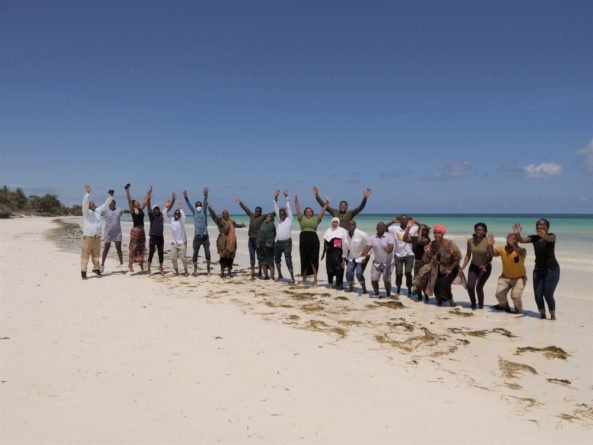
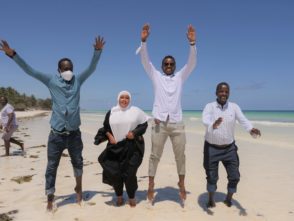
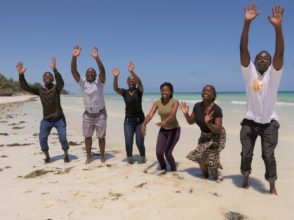
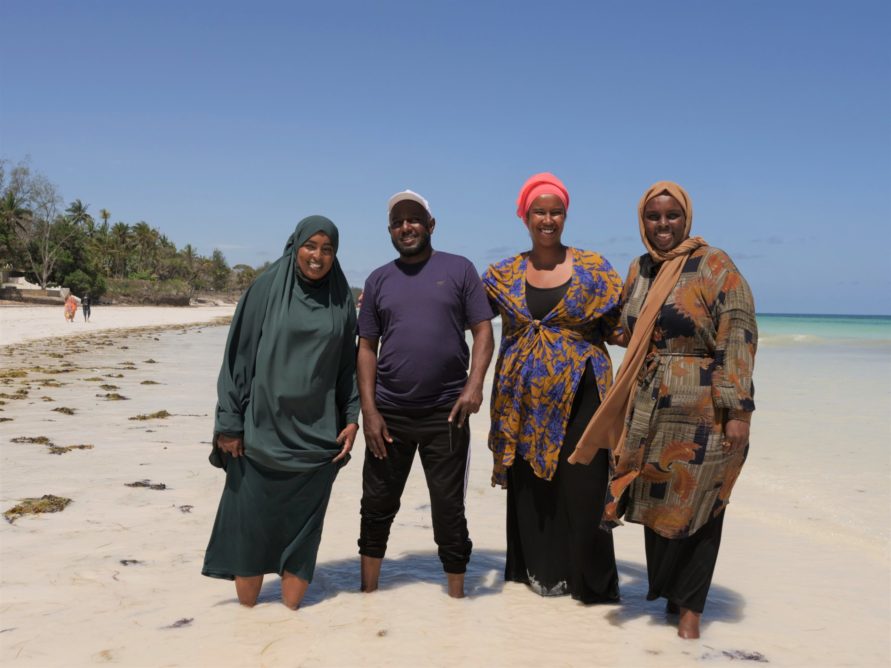
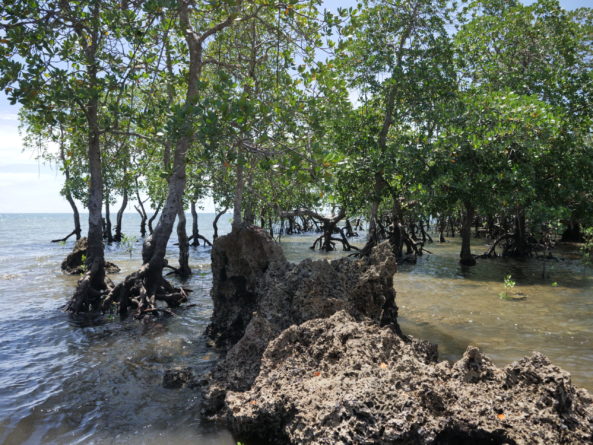
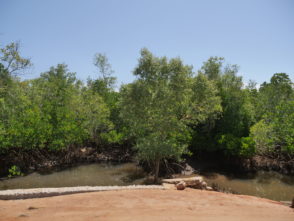
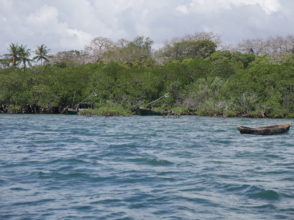
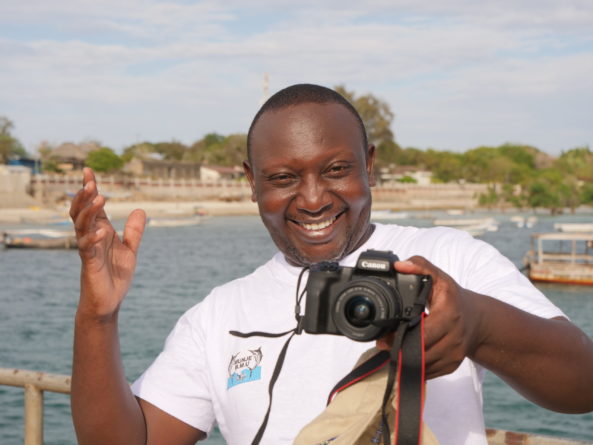
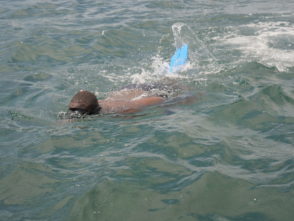
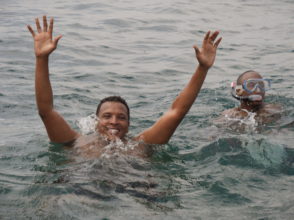
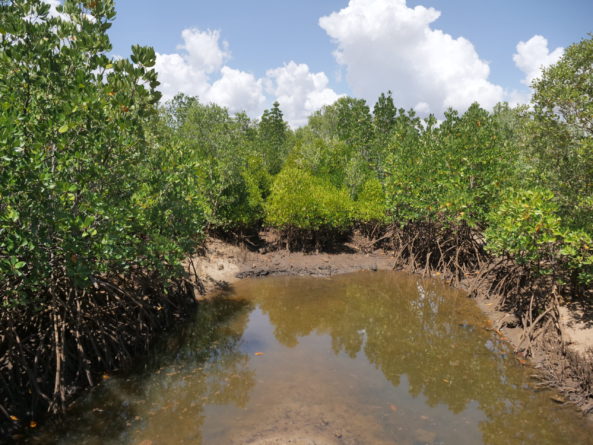
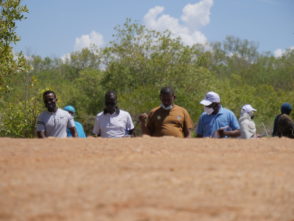
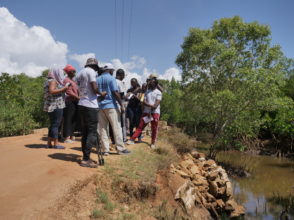
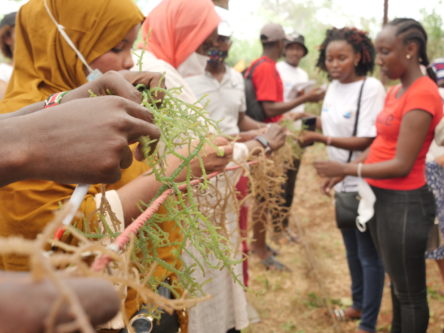
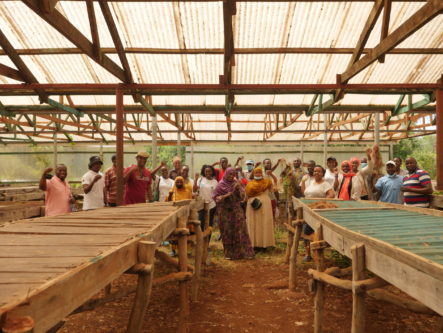
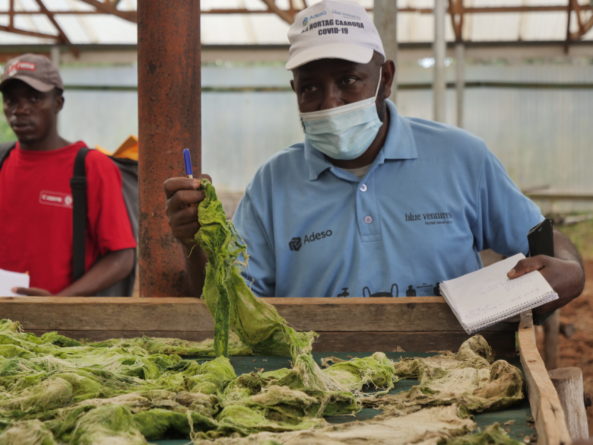
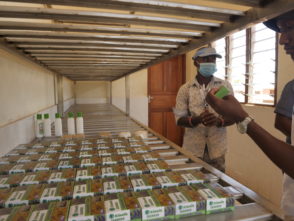
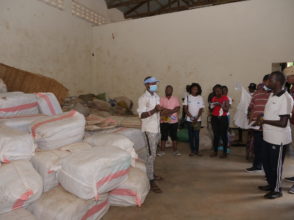
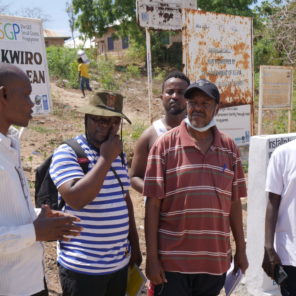
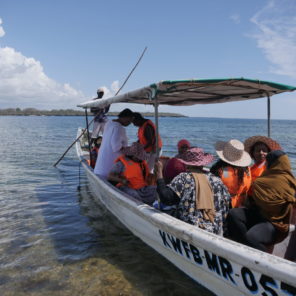



Absolutely it’s fascinating and significant workshop, definitely, like these workshops will empowering coastal fisher communities and will let be costal communities so impactfull and expert for their on the oceans Ecosystems